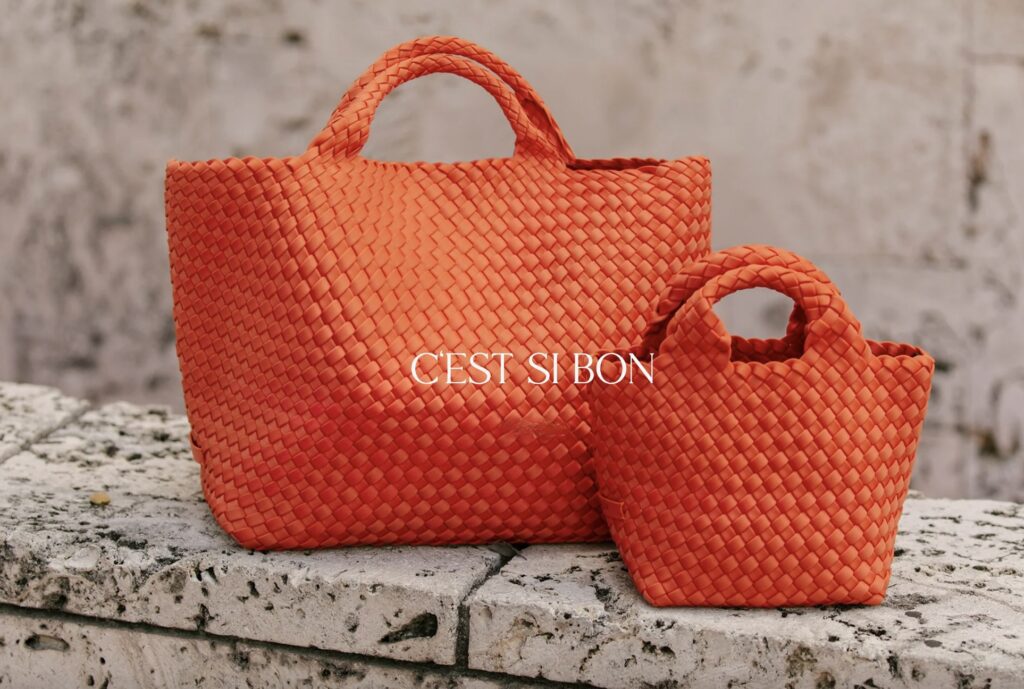Alibaba Group Holding Ltd., China’s biggest e-commerce company, is cooperating with Kering SA to fight the sale of fake products on its e-commerce sites after Gucci and Balenciaga’s parent company withdrew a lawsuit that alleged Alibaba was on the hook for trademark infringement. The parties ultimately settled their differences, and Kering sought to voluntarily dismiss the case it filed against Alibaba, a spokeswoman for the Chinese e-commerce giant said yesterday. In the since-settled suit, which was filed in a New York federal court in July, Kering accused Alibaba of providing a sweeping e-commerce platform of the sale of counterfeit goods, including those of Kering’s Gucci, Saint Laurent, Bottega Veneta, and Balenciaga brands. “Kering and Alibaba have agreed to work together in good faith through the normal business process on ways to enhance intellectual property protection,” the companies said in separate statements.
While Kering has settled its case against Alibaba, it is still pursuing continuing legal action against an array of Alibaba merchants, who are named in the filing. One merchant, for instance, “sold bags with the Gucci logo for $2 to $5 each, with a minimum order of 2,000 items, and a maximum of 50,000 units a month. The Gucci canvas diaper-bag tote that the item was supposed to replicate normally retails for $795,” according to Bloomberg. “Another merchant confirmed in an e-mail that it was selling Gucci replica watches.”
Alibaba has faced recurring pushback from brands and the U.S. government, alike, in recent years in connection with the flood of fakes on its various e-commerce platforms, and its arguably lax response. “It usually takes Alibaba as long as 5 working days to remove a product,” the company previously asserted. Meanwhile, “The perception that fakes are commonplace on its sites could damage its reputation, Alibaba said in its IPO filing with the Securities and Exchange Commission.”
China is host to a number of markets known for counterfeit merchandise, the Office of the U.S. Trade Representative said in a February report. Authorities arrested 59,000 people and seized more than 9,000 tons of fake and shoddy products last year in cases worth 172.9 billion yuan ($28 billion), a Ministry of Public Security official also said Jan. 21.
Hangzhou, China-based Alibaba was removed from the American government’s Notorious Markets list in 2012. The U.S. Trade Representative started naming Notorious Markets in 2006, highlighting online and physical businesses that allow or encourage counterfeit products and piracy.
Counterfeiting is “perhaps the single greatest threat to brand owners,” Kering said, citing reports filed before Congress that said it “costs U.S. businesses between $200 and $250 billion every year and results in 750,000 lost jobs.”











